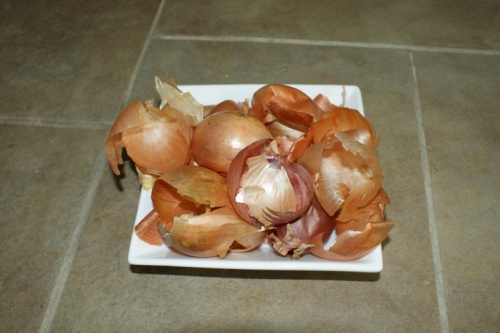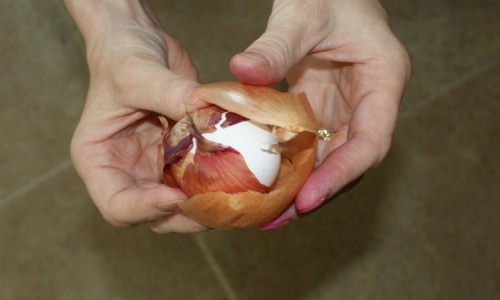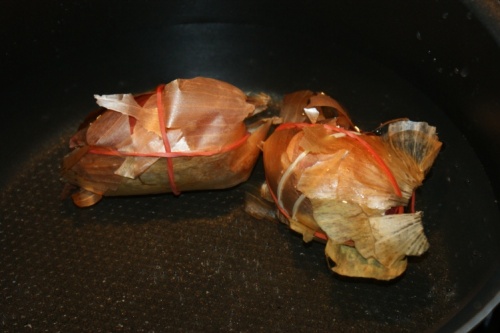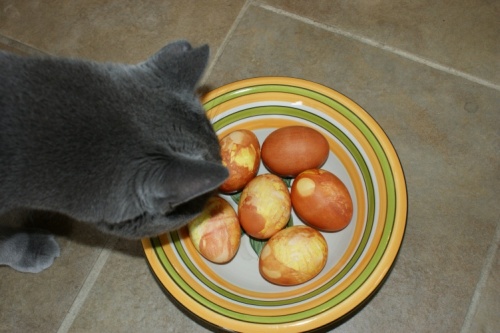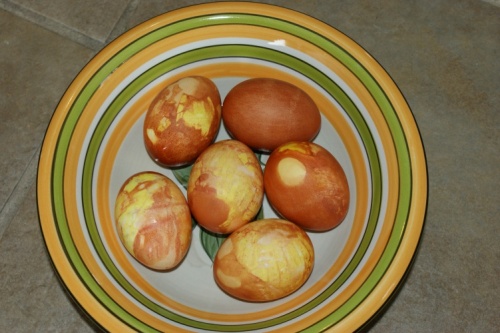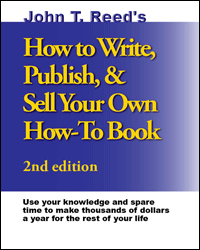
I was happy to get a copy from a friend of John T. Reed’s “How to Write, Publish, & Sell Your Own How-To Book” which I’ve been wanting to read for a while. In articles, and in other books, Mr. Reed has discussed that he got started on writing “How-To” books when a friend suggested them to him, he was surprised at how profitable they were, and he’s been doing them ever since.
John Reed takes titles seriously, and typically they tell you EXACTLY what the book is about (writing, publishing and selling a how-to book in this case). He goes through the process in depth, for example explaining what type of paper or cover design he recommends and why.
I’ve had a goal to write a book at some point, and was surprised at his approach to the actual writing. He recommends writing about something you know, writing the way you speak, makes some suggestions about length and that’s about it. He suggests that past English teachers, and their negative feedback, can safely be ignored (like Stephen King, he never got any encouragement from his teachers to write professionally), but that if you have writing talent, your friends will probably have noticed and complimented you on it. Failing that, he suggests to just barrel through and, in the worst case, dictate what you want to say to a recording device then transcribe it.
To a degree this reassured me that there’s no “black art” to it, or “literary police” I need to get permission from before I start writing. He basically suggests typesetting as you go (work on it in the form you’ll eventually publish it in) and just get going.
A large part of the book is a diatribe against the publishing industry (and why you should avoid them). He’s used to being looked down on as a self-publisher, and strongly feels that being published by a typical publisher is such a bad deal that people only do it for the vanity of seeing themselves in a book store (and convincing their friends that they’re a “real” writer). I’m not sure if I feel as strongly about it (and would love to be offered a publishing deal like Squawkfox – yes, I *AM* green with envy). But, I also like to make more money, so I’d be tempted to get into self publishing if it was more lucrative. He has done both and is a strong advocate for self-publishing (and distributing).
He recommends printing the book and binding it yourself at home to start, and once you’ve gotten enough orders to justify it, do a print run with a publisher for a year or two’s supply of books (and print more as needed) to sell through your own website. I was surprised that he didn’t mention “on demand” Internet publishers (like Lulu.com), either to recommend or criticize them. I’ve read on-line reviews of some of his “early edition bound-at-home” books, and customers seem pretty under-whelmed by them. I think on-line, on-demand publishing might be the way to start, then switch to larger-scale when and if the volume supports it.
That’s probably the one big criticism that can be made of John T. Reed, he’s very forceful and direct about what he believes and why, and its great 99% of the time, but occasionally he has blind spots (and refuses to acknowledge them), or gets misinformed and can’t shake the incorrect information (I’ve read repeatedly some funny ideas he has about XML).
While how much money you make depends entirely on how popular the book is, Reed’s experience has been that his books do well over a long time (they keep selling year after year). He suggests that they’ll be the type of coveted “passive income” vehicles that take a large amount of upfront labour, then pay out year-after-year into the far future.
I don’t like linking to books we review. Since we never set up an affiliate system, it doesn’t make any money for “the Mike” (watch out Trump!), and some readers will think we’re getting a commission which will bias the review. Since you can ONLY buy this book at John T. Reed’s website (he discusses the rationale for this in the book), I’ll include the link here (but we don’t make a dime if you click on it and / or purchase the book).
I finish course work this term, and am thinking about a few possible side-projects once I switch into full-time research mode. Writing a book is definitely one of the contenders. Ideas I might write about include:
- A romance novel about a frugal man (and the women who love him)
- A super-basic, introductory personal-finance book
- An introduction (and how-to guide) for Canadian dividend reinvestment plans (DRiPs)
- A travel-log about my cheap backpacking trip across Europe (there’d be a bit of romance in this one too, although sadly no where near as much as I’d hoped there would be when I started the trip).
- A travel-log about my experiences living in Taiwan (and teaching English there)
- A layman’s guide to the Ontario Residential Tenancies Act, written for landlords and tenants, translating the legalese into English (with examples). I’ve been meaning to fully digest the act at some point, and doing so to write a book might be a good way to combine two projects.
- A guide to graduate school, suggestions how to: get in, decide where (and whether) to go, outline the differences from being an undergrad, how to get up to speed in your research area, basic research and teaching skills, how to relate to your supervisor and fellow grad students, etc, etc.
- A introduction to computer programming, using building a simple game (think Tetris or Space Invaders) with a real programming language as the core “project” and explaining proper software development techniques (and their rationale) throughout.
Which of my books would you buy or do you think would be the most popular? What would you write a book about?

